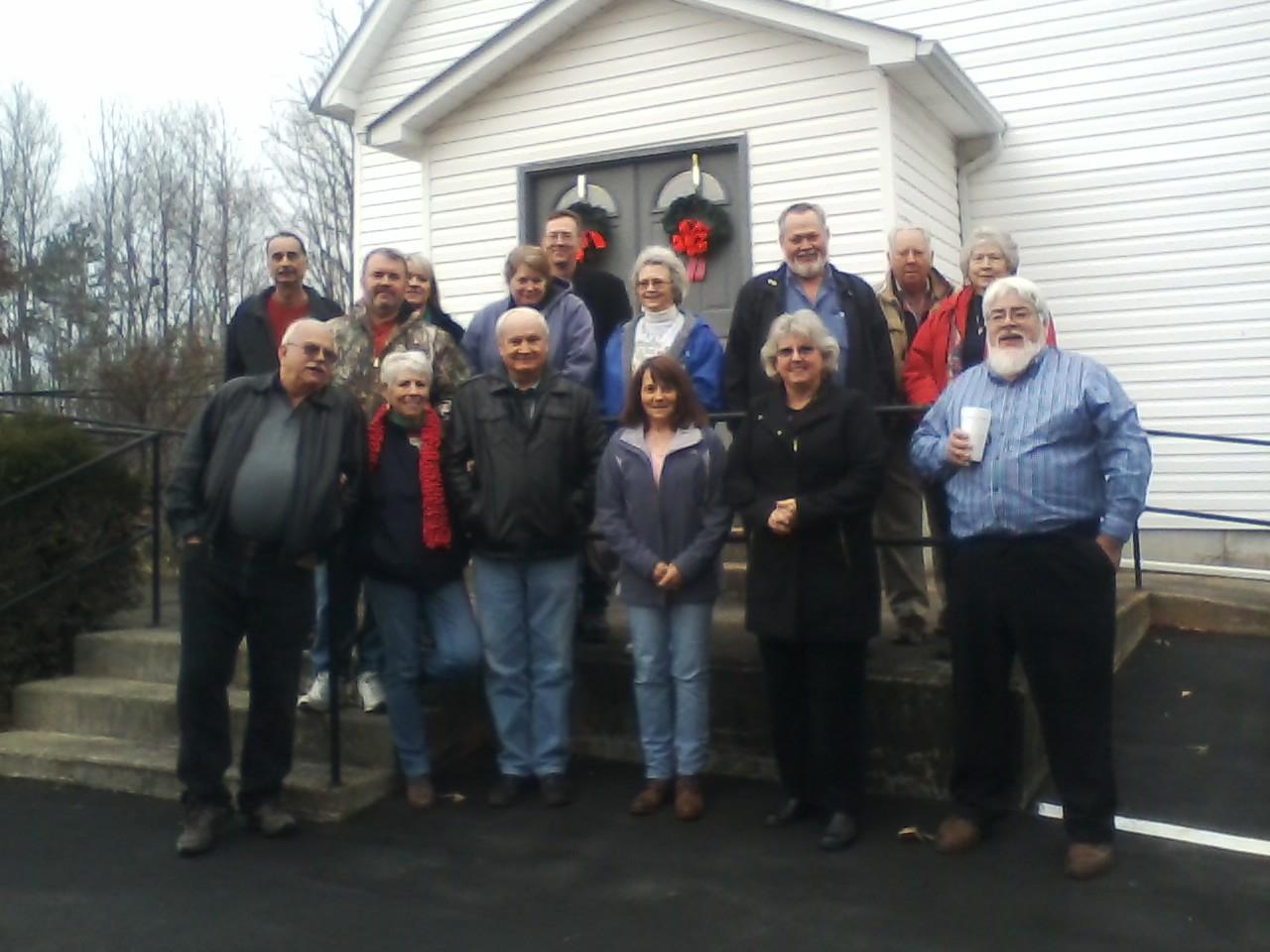Christian Living
Righteous Judgment
Being a disciple of the risen Lord makes radical demands upon us. Sometimes these demands are absolute. In the opening verse of Matthew 7, Jesus makes such a demand. We are coming to the end of the Sermon on the Mount where Jesus has gone up on a mountainside, sat down, and begun to teach the crowd. He begins by encouraging them to consider how fortunate, how blessed they are when they are poor in spirit, when they are mourning, when they are meek or engaged in peacemaking, when they are merciful, and even when they are persecuted because of their righteousness. He suggests to his followers that they are the salt of the earth, the light of the earth. Then around 5:17, Jesus begins to share his demands upon their lives as they choose to follow him. He redefines murder and adultery and tells us to turn the other cheek when wronged. He even tells us to love our enemies. Again, let be reminded that we are suggesting that Jesus is making radical demands on us, both then and clearly now as we experience the present culture of division.
We come to verse one in Chapter 7 and hear an expectation that causes us to pause a little longer as it is prone to confuse us. Does Jesus really mean we should never judge others? Imagine I walk out a building in downtown Atlanta on a very hot night in July at 2:00 AM. I am immediately lost as I have exited the building into a very dark street. As I look to my left I observe a figure walking toward me in a dark trench coat and notice what seems to me to be the barrel of a shotgun protruding from the sleeve of the coat. Am I allowed to form a judgment here? Certainly I should.
With this scenario in mind and considering his messages to us in totality, we can hopefully better understand what Jesus is commanding us to do. It seems he would have us refrain from condemning others as a result of their sin. Instead we should consider our own disobedience, also worthy of condemnation by the holy God, and find ourselves loving others. Surely we can remain discerning of circumstances that may bring us or our loved ones harm and act appropriately. But we must never condemn our brothers and sisters as a result of their sinfulness. Instead, we model Christ who, while we were yet sinners, loved us and now commands us to love our fellowman, not condemn them. All of us have heard the phrase; “love the sinner, hate the sin.” We would do well to simply focus on; “loving the sinner.”










